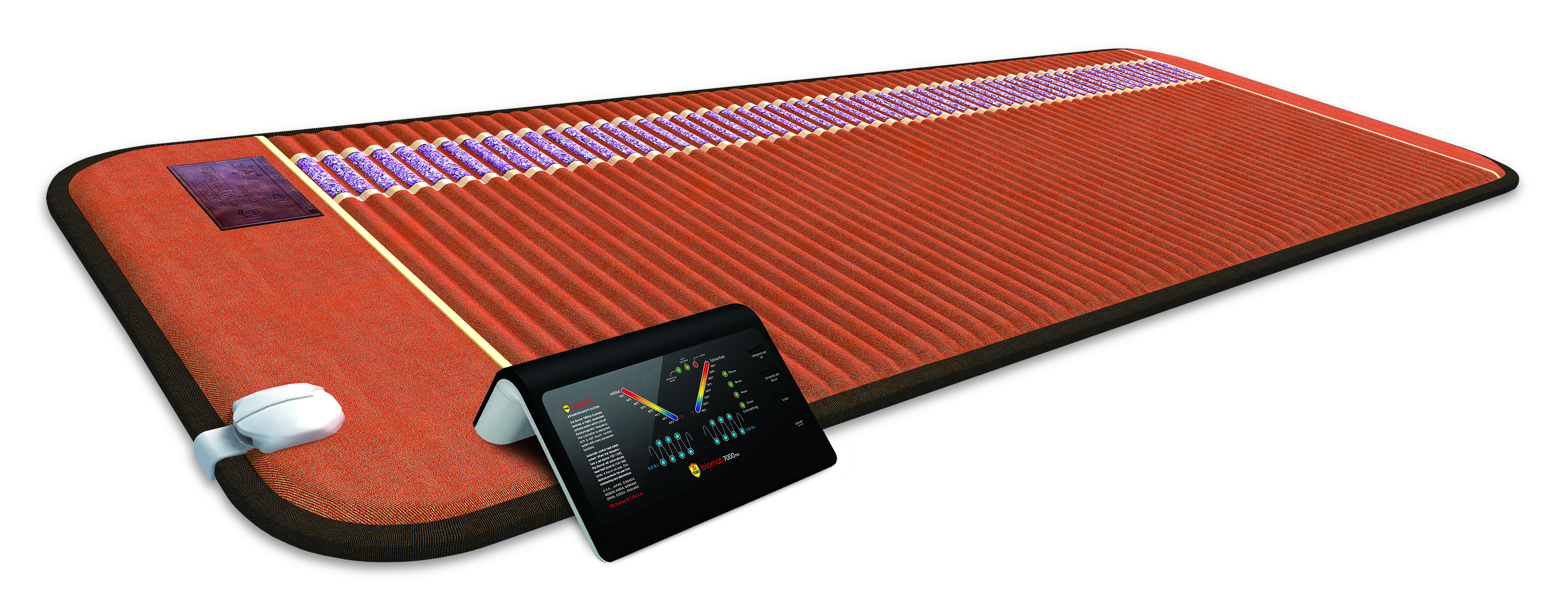Posted by BiomatStores.com on 31st Oct 2024
Using a Biomat Internationally: Voltage Compatibility Explained
Traveling abroad can open up a world of experiences, but it can also present unexpected challenges—especially when it comes to using your beloved Richway Biomat. Many don’t realize that voltage compatibility isn’t merely a technical detail; it’s crucial for ensuring your device operates efficiently and safely.
Understanding voltage ratings is essential, as the difference between 120-volt and 220-volt systems can significantly impact the performance of your Biomat. Using the wrong voltage can lead to subpar results or even damage, making it vital to familiarize yourself with the electrical systems of your chosen destination.
In this article, we’ll explore the importance of voltage compatibility, how to properly adapt your Biomat for use in different countries, and the potential risks of using incompatible voltage equipment. By arming yourself with this knowledge, you can ensure that your travel experiences remain relaxing and therapeutic, no matter where you are in the world.
Importance of Voltage Compatibility
When traveling with your Biomat to other countries, understanding the importance of voltage compatibility is crucial. Different regions may use various voltage standards, typically either 110v or 220v. Ensuring that your medical device is compatible with the local voltage will prevent potential damage to the device and safeguard against electrical malfunctions.
Using the incorrect voltage can lead to safety hazards, such as overheating and potentially voiding the warranty. Richway makes 110v and 220v Biomats. They do not make Biomats that function on either voltage so its very important to buy the right voltage for where you will be using it most. Buying a Biomat for the United States and trying to use it in England will result in damage and/or voiding the warranty.
To prevent mishaps, it's advisable to consult the user manual or contact your distributor. This way, you can confirm your Biomat's compatibility with the desired country's voltage settings. Safety standards and proper voltage adaptation are vital when it comes to maintaining the effectiveness and longevity of your Biomat during your journeys abroad.

Understanding Voltage Ratings
Before using your Biomat in another country, it's essential to grasp voltage ratings. These ratings indicate the electrical power level a device requires to function properly. With varying standards across the globe, understanding voltage ratings ensures that your Biomat operates smoothly and without risk.
Difference Between 120 Volt and 220 Volt Systems
The two most common voltage systems are 120 volts and 220 volts. Typically, North America and parts of Central and South America use 120v systems, while Europe, Asia, and Africa often adopt 220v. Each system has unique connectors and power outputs, meaning that appliances must be compatible or adaptable.
How Voltage Ratings Affect Biomat Performance
Voltage ratings directly impact your Biomat's performance. Using the incorrect voltage can not only impede the medical device's function but may also damage its patented layers and specialized components like the thermal protection layer. Meeting the correct voltage standards helps maintain the expected infrared output and effectiveness of negative ion therapy. Always verify voltage compatibility to ensure the safety and longevity of your Biomat.
Adapting the Biomat for Different Voltages
Traveling with your Biomat can offer continued wellness benefits across borders, but understanding voltage differences is crucial. Many countries operate on a 220v power system, unlike the 110v system commonly used in the United States. Utilizing the right equipment ensures your Biomat functions safely and efficiently, maintaining its infrared output and negative ion therapy benefits.
Voltage Converters and Adapters
Some might think a quality voltage converter or adapter is can help them use their Biomat in other countries - that voltage converters and adapters will adjust the electrical output to match your Biomat's requirements, protecting its thermal protection layer and patented layers from damage. However, there is no way for Richway & Fuji Bio or its distributors to know which adapters or converters may work and which will not, which is why they do not recommend using any third-party equipment with your Biomat. Doing so will void the warranty.
Risks of Using Incompatible Voltage Equipment
Using your Biomat with incompatible voltage can lead to serious risks. It might damage the internal mechanisms, reducing the effectiveness of its infrared heat and compromising its safety features like the timer for safety and step-down temperature function. This not only affects the performance but could also void warranties or certification.
Bottom Line
The bottom line is if you want to use a Biomat in a country that differs in voltage, you must purchase another Biomat with that country's voltage. Otherwise, you run the risk of damage and voiding the warranty. Using third-party converters or adapters is not recommended.


